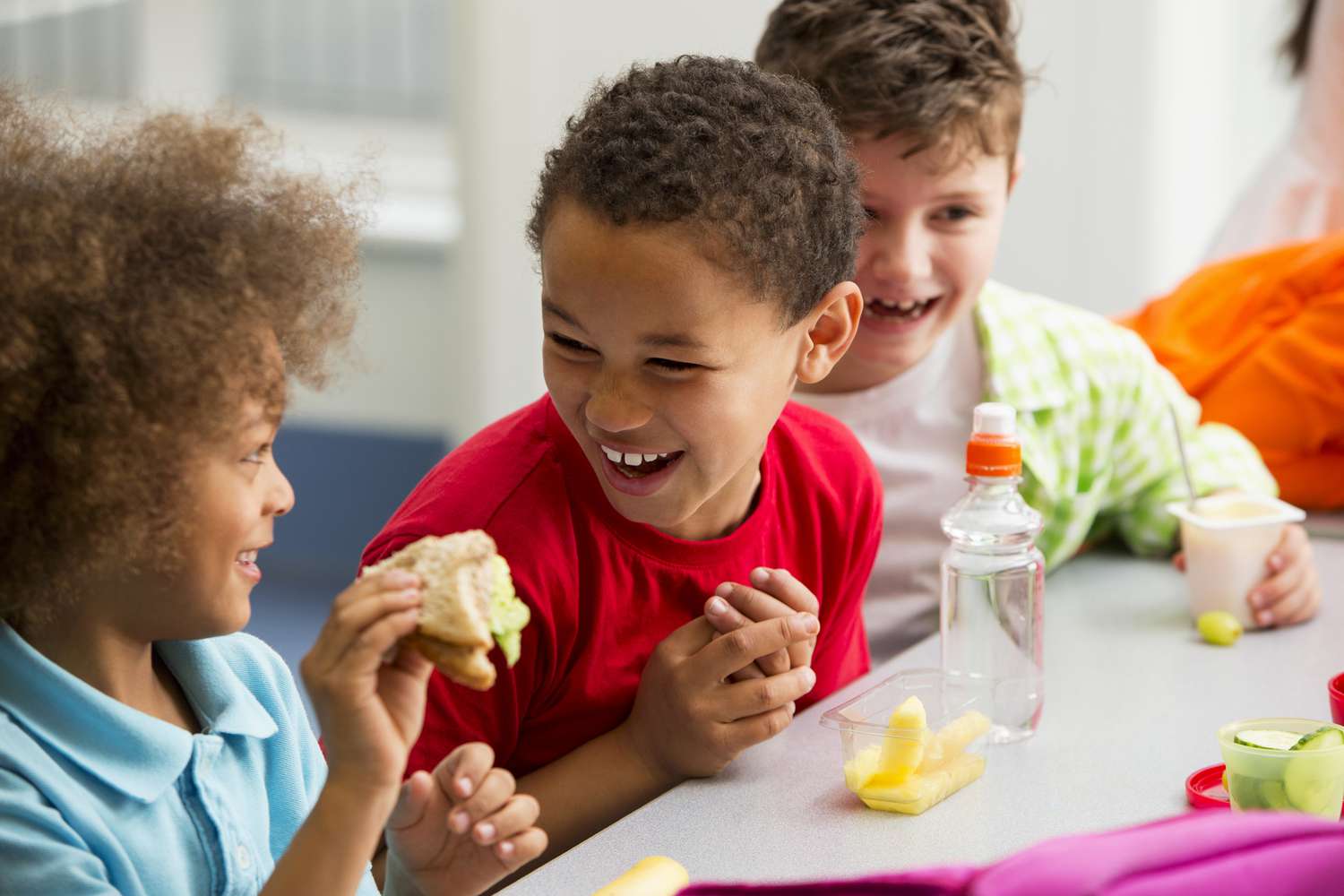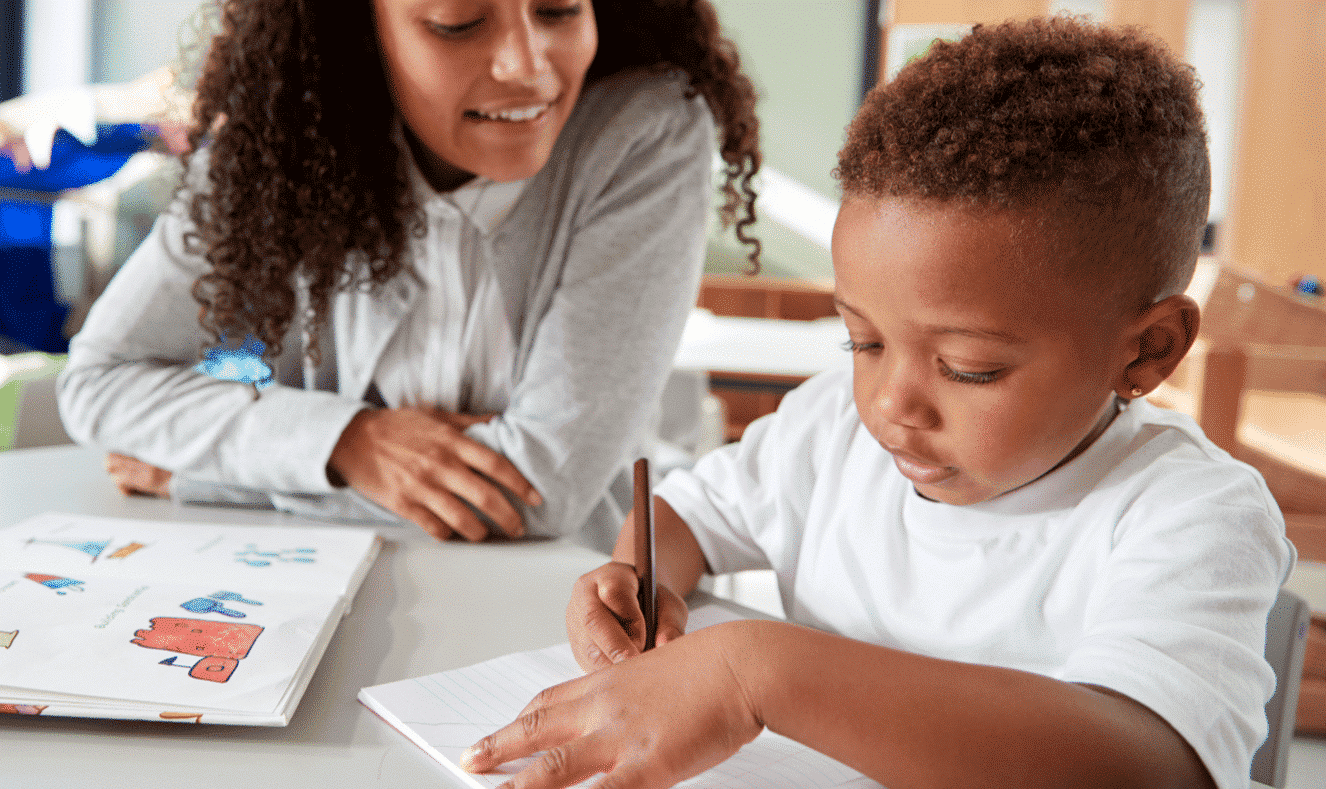Understanding Social-Emotional Skills and Their Importance
Social-emotional skills are the abilities that allow us to understand, manage, and express our emotions, build healthy relationships, and navigate social situations effectively. These skills are crucial for children’s overall well-being, academic success, and future employability. For children with Attention Deficit Hyperactivity Disorder (ADHD), developing social-emotional skills can be particularly challenging due to the unique challenges they face.
ADHD is a neurodevelopmental disorder characterized by inattention, hyperactivity, and impulsivity. These core symptoms can significantly impact a child’s ability to regulate their emotions, communicate effectively, and build positive relationships with their peers. As a result, children with ADHD may struggle with social interactions, have difficulty understanding social cues, and experience higher levels of social isolation and rejection.
READ ALSO :
The Challenges Faced by Children with ADHD in Developing Social-Emotional Skills
Children with ADHD often face a range of challenges when it comes to developing their social-emotional skills. These include:
- Emotional Regulation: Difficulty controlling and expressing their emotions in appropriate ways, leading to outbursts, mood swings, and social misunderstandings.
- Attention and Focus: Struggles with maintaining attention and focus during social interactions, which can hinder their ability to pick up on social cues and respond appropriately.
- Impulsivity: Acting without thinking, which can result in saying or doing things that may be socially inappropriate or disruptive.
- Social Awareness: Difficulty understanding and interpreting social situations, reading facial expressions, and recognizing the emotions of others.
- Communication Skills: Challenges with articulating their thoughts and feelings clearly, as well as listening and responding effectively in conversations.
The Benefits of Incorporating Social-Emotional Learning Activities for Children with ADHD
Incorporating social-emotional learning (SEL) activities into the lives of children with ADHD can have a profound impact on their overall development and well-being. Some of the key benefits include:
- Improved Emotional Regulation: SEL activities can help children with ADHD learn strategies to identify, express, and manage their emotions in healthy ways.
- Enhanced Social Skills: Engaging in SEL activities can improve children’s ability to understand social cues, communicate effectively, and build positive relationships with their peers.
- Increased Self-Awareness: SEL activities can foster a deeper understanding of one’s own strengths, weaknesses, and unique characteristics, which can boost self-confidence and self-esteem.
- Better Academic Performance: Research has shown that children who participate in SEL programs often demonstrate improved academic achievement, as well as better problem-solving and decision-making skills.
- Reduced Behavioral Challenges: SEL activities can help children with ADHD develop more constructive ways of dealing with frustration, anger, and other difficult emotions, leading to a decrease in disruptive behaviors.
Effective Activities to Boost Social-Emotional Skills in Children with ADHD
Incorporating a variety of engaging and age-appropriate activities can be an effective way to help children with ADHD develop their social-emotional skills. Here are some examples:
- Emotional Awareness and Expression Activities:
- Feelings charades or pictionary
- Emotion-focused art projects
- Mindfulness exercises and deep breathing techniques
- Social Skills Development Activities:
- Role-playing scenarios with social problem-solving
- Cooperative group games and team-building exercises
- Communication and active listening activities
- Self-Regulation and Impulse Control Activities:
- Yoga, meditation, and other mindfulness practices
- Physical activities that promote self-control, such as obstacle courses or sports
- Cognitive-behavioral therapy (CBT) techniques
- Perspective-Taking and Empathy Activities:
- Reading and discussing books with social-emotional themes
- Volunteer or community service projects
- Discussions and activities focused on understanding different points of view
- Conflict Resolution and Negotiation Activities:
- Peer mediation and conflict resolution role-plays
- Negotiation and compromise-building exercises
- Discussions on healthy ways to manage and resolve conflicts
Creating a Supportive Environment for Social-Emotional Learning
Fostering a supportive and nurturing environment is crucial for children with ADHD to thrive in their social-emotional learning journey. This can involve:
- Providing a structured and predictable routine to help children feel safe and secure
- Offering a calm, low-stimulation space for children to regulate their emotions
- Encouraging positive reinforcement and praise for effort and progress
- Collaborating with parents and caregivers to ensure consistency and continuity
- Offering professional development opportunities for educators to enhance their understanding and skills in supporting children with ADHD
Strategies for Integrating Social-Emotional Learning Activities into Daily Routines
Integrating social-emotional learning activities into the daily lives of children with ADHD can help reinforce these important skills and make them more accessible. Some strategies include:
- Incorporating SEL into Classroom Lessons: Weave social-emotional themes and activities into academic subjects, such as literature, history, or science.
- Designating SEL Time: Set aside specific times during the day or week for dedicated SEL activities and discussions.
- Utilizing Transition Times: Use transitions between activities as opportunities to practice emotional regulation and social skills.
- Encouraging SEL-Focused Play: Provide opportunities for children to engage in cooperative, imaginative, and social-emotional-focused play.
- Involving Parents and Caregivers: Collaborate with families to extend SEL activities and strategies into the home environment.
Collaborating with Parents and Caregivers in Promoting Social-Emotional Skills
Partnering with parents and caregivers is crucial for supporting the social-emotional development of children with ADHD. This can involve:
- Regular communication and information-sharing about the child’s progress and challenges
- Providing resources and strategies for parents to incorporate SEL activities at home
- Organizing parent workshops and support groups to foster a sense of community and shared understanding
- Encouraging parents to model and reinforce social-emotional skills in their daily interactions
- Collaborating on the development of individualized education plans (IEPs) or behavior intervention plans (BIPs) that address social-emotional needs
Resources and Tools for Implementing Social-Emotional Learning Activities for Children with ADHD
There are a variety of resources and tools available to support the implementation of social-emotional learning activities for children with ADHD. These include:
- Evidence-based SEL curricula and programs, such as CASEL (Collaborative for Academic, Social, and Emotional Learning) and Zones of Regulation
- Online libraries and databases of SEL activities, lesson plans, and educational materials
- Professional development opportunities for educators and caregivers, such as workshops, webinars, and coaching
- Specialized apps and digital tools that promote social-emotional skill-building
- Collaboration with mental health professionals, such as child psychologists or social workers
Success Stories and Testimonials from Parents and Educators
We have seen remarkable progress in the children we have worked with who have participated in our social-emotional learning programs. One parent shared:
“My child’s ability to regulate their emotions and communicate with their peers has improved significantly since we started incorporating these activities into our daily routine. I’ve noticed a real difference in their confidence and ability to navigate social situations.”
An educator from one of our partner schools commented:
“The social-emotional learning activities have been a game-changer for our students with ADHD. We’ve seen a decrease in disruptive behaviors and an increase in their ability to work collaboratively with their classmates. It’s been incredibly rewarding to witness their growth.”
RELATED ARTICLE :
Conclusion: Empowering Children with ADHD through Social-Emotional Learning Activities
Incorporating social-emotional learning activities into the lives of children with ADHD is a powerful way to support their overall development and well-being. By addressing the unique challenges they face and providing them with the tools and strategies to build essential social-emotional skills, we can empower these children to thrive in their personal, academic, and social lives.
If you’re a parent or educator of a child with ADHD, I encourage you to explore the resources and strategies outlined in this article. By investing in your child’s social-emotional learning, you can unlock their full potential and set them up for long-term success. Contact us today to learn more about our social-emotional learning programs and how we can support your child’s journey.






